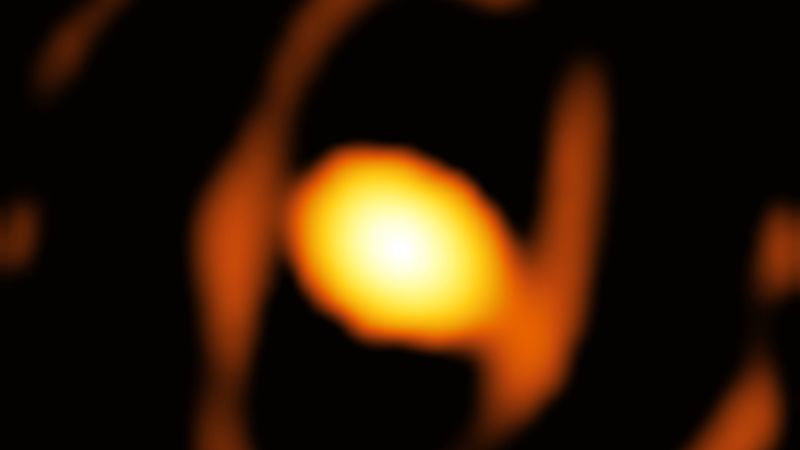
Cosmic Dust
Cosmic dust refers to the tiny particles of solid matter that exist in space, originating from various sources such as comets, asteroids, and even stars. These particles are typically less than a millimeter in size and can be composed of a variety of materials, including silicates, carbon, and metals. Cosmic dust plays an important role in the formation of planets and stars, as well as in the chemical evolution of the universe. It can also pose a hazard to spacecraft and astronauts, as high-speed impacts with cosmic dust particles can cause damage to equipment and potentially harm human health.
Your Previous Searches
Random Picks
- Autonomous: In the context of space and astronautical engineering, autonomous refers to the ability of a spacecraft or a system to operate and make decisions without human intervention. Autonomous systems are designed to perform tasks such as navigatio ... Read More >>
- Thermal Energy: Thermal energy is the energy that is generated and measured by the movement of particles within a system. In the context of space and astronautical engineering, thermal energy is a critical factor in the design and operation of spacecraft a ... Read More >>
- Glaciers: Glaciers are large masses of ice that form on land by the compaction and recrystallization of snow. They are found in polar and high-altitude regions and play a significant role in shaping the Earth's landscape. In astronautical engineering ... Read More >>
Top News

Archaeologists discover 4,000-year-old canals used to fish by predecessors of an...
Using drones and Google Earth imagery, archaeologists have discovered a 4,000-year-old network of earthen canals in what’s now Belize...
News Source: ABC News on 2024-11-22

First close-up image of a star beyond our galaxy may reveal impending supernova...
Astronomers have taken the first close-up image of a star beyond our galaxy, and it’s a “monster star” surrounded by a cocoon as it slowly dies....
News Source: CNN on 2024-11-21

Bestselling author explains the science of happiness: "You can do the work"...
Bestselling author and Harvard professor Arthur Brooks opens up about how enjoyment, satisfaction and meaning in life can increase a person's wellbeing....
News Source: CBS News on 2024-11-18

November's full moon, known as the Beaver Moon, is the last supermoon of 2024. H...
November's full moon, known as the Beaver Moon, is the last supermoon of 2024. Here's when it peaks and why it's called the Beaver Moon....
News Source: CBS News on 2024-11-15

You can't put a price on the sense of awe particle physics inspires...
Astronomy and particle physics are no longer seen as vital by the US establishment, so funding has fallen. But our work creates a sense of wonder, and wonder matters, says Chanda Prescod-Weinstein...
News Source: New Scientist on 2024-11-13